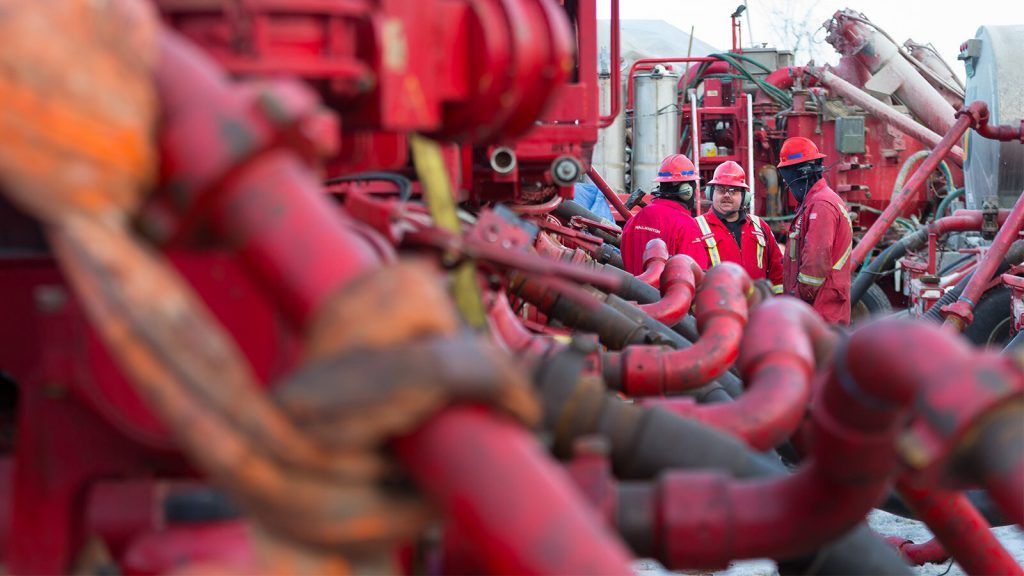Halliburton Company, one of the world’s largest providers of products and services to the energy industry, highlighted projections of high oil and gas prices for all of 2022.
Therefore, the company believes that commodity prices will continue to support its business through 2022.
According to the January 2022 «Near-Term Energy Outlook» from the US Energy Information Administration (EIA), spot prices for Brent crude oil are expected to average 75 dollars per barrel throughout 2022, an increase of approximately 6% over the average price per barrel throughout 2021.
The EIA estimates that WTI spot prices will average $71 per barrel for the full year of 2022, an increase of about 4% from the average price per barrel for all of 2021.
On January 31, 2022, the Brent crude oil spot price was $89 per barrel and the WTI spot price was $88 per barrel.
At the same time, the EIA report projects that Henry Hub natural gas prices will average $3.79 per MMBtu for the full year of 2022, a slight decrease from the 2021 averages.
On January 31, 2022, the Henry Hub natural gas price was $4.87 per MMBtu.
Gas prices
The January 2022 «Oil Market Report» (OMR) from the International Energy Agency (IEA) forecasts that global oil demand by 2022 will reach 100.8 million barrels per day, an increase of 4% from 2021 .
Likewise, the EIA reported that crude oil production in the United States averaged 11.2 million barrels per day in 2021, and the EIA expects production to average 11.8 million barrels per day in 2022, an increase of approximately 5 percent.
Additionally, the EIA expects US crude oil production to rise to 12.4 million barrels per day in 2023.
The recent surge in new Covid-19 cases related to the Omicron variant dampened some economists’ expectations regarding economic recovery and rising oil demand.
For example, due to travel restrictions implemented as a result of Omicron, forecasters, including the IEA and EIA, originally revised down the global oil demand forecast for 2022, primarily to account for the projected reduction in the use of jet fuel.
However, the wave of infections related to the Omicron variant appears to be less severe and potentially of shorter duration than previous waves.
Consequently, Halliburton and the IEA do not believe that this increase should nullify the recovery in oil demand that is underway.
With widespread vaccination drives and apparently lower rates of serious illness and hospitalization resulting from the recent wave, Halliburton and the IEA expect this wave is likely to have a more moderate impact on the economy and oil demand than previous waves of COVID-19.
![]()

